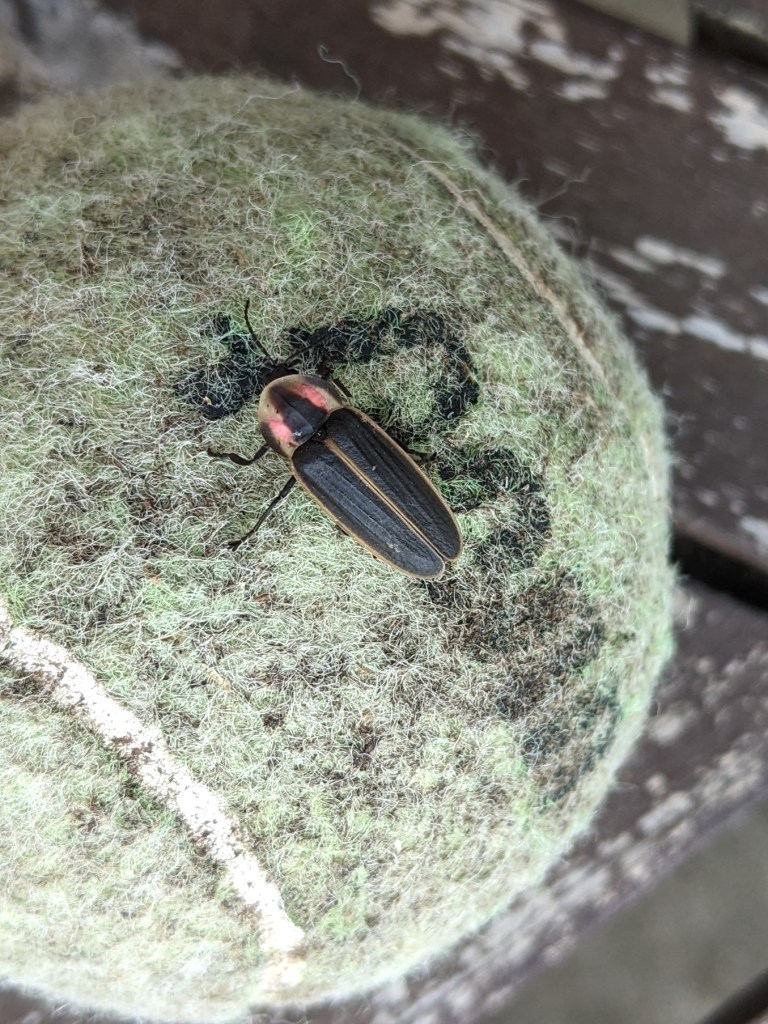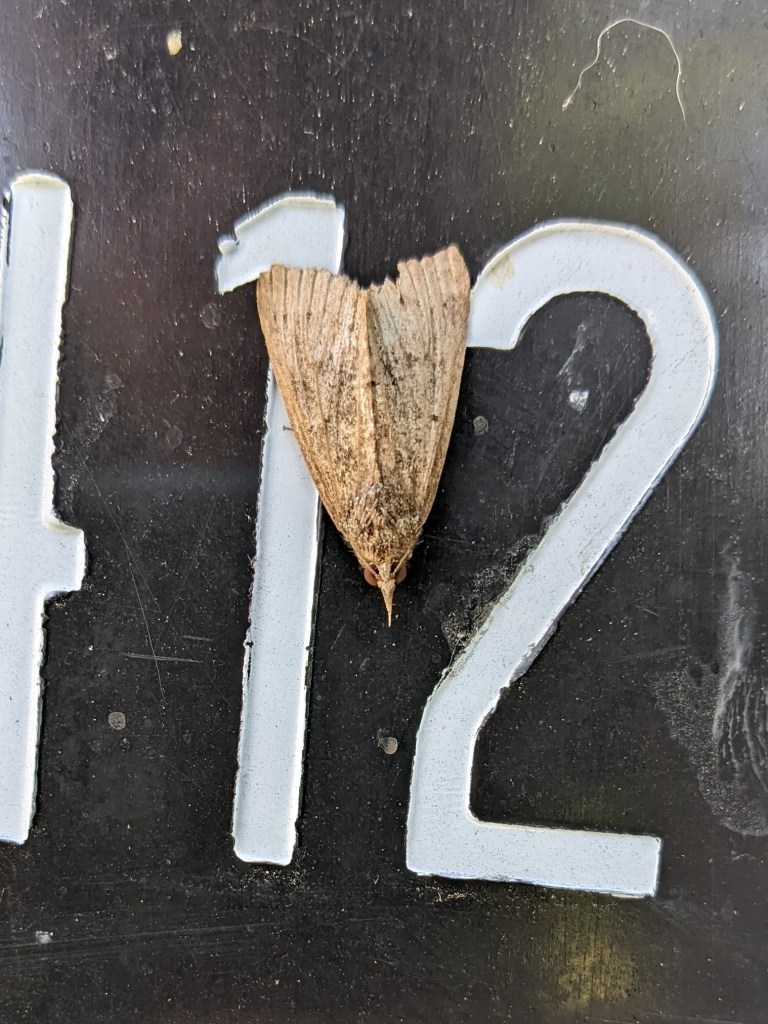Urban or rural, in-person or online, there are communities, neighborhoods and networks everywhere getting involved in science, learning about the natural world around us and helping to make the world a better place — one small action at a time. And you can join in, too!
Community-based, participatory and volunteer science work all have many different methods and routes. For those with busy schedules but a desire to help the planet, there are low commitment options that still make a big scientific impact, such as helping at a local cleanup, capturing biodiversity data with photos or supporting a community garden or birding group. Other high-intensity efforts — projects that may need more time, energy, negotiations or even funding to find a solution that works for everyone involved — may develop to help solve a specific environmental issue, such as heat inequity, air pollution, food deserts or a lack of green space and trees, in an already established neighborhood or community.

The Academy is working hard to collaborate with different communities and organizations across the city to spark change at any level — whether through supporting local gardens and nature education, tracking heat inequity in city neighborhoods or collecting plastic waste from our nearby waterways. Our Delaware River Watershed Initiative has relied on the work of 60 different organizations and their volunteers across the region to collect data and keep our rivers clean. Science Shop, an exciting new partnership with Overbrook Environmental Education Center, connects our research expertise with community-initiated projects in Philadelphia to help strengthen the environmental justice movement and provide scientific resources that neighborhood leaders can use to help articulate their needs to policymakers.
Find out how you can get involved in digital or in-person communities that are making an environmental difference in the natural world!

1. Get Started Digitally and Learn!
Not sure where to begin?
A database of numerous community-organized projects and events, SciStarter is a great place to find a way to contribute to science simply through your own curiosity. Help researchers collect data by getting outdoors and taking photos of clouds, streams or animals in urban spaces; use a smartphone sensor to monitor air pollution and water quality; or share your own personal climate change experience with others. SciStarter also allows you to start your own participatory project and then helps you find volunteers to support it.
Zooniverse is another great option and one of the most popular platforms for volunteer science and humanities projects across the globe. Study authentic images of galaxies, delve into archival records and historical diaries or watch videos of animals in their natural habitats — then join in the project’s discussions. By answering questions about your observations, you contribute to helping researchers publish papers, make scientific discoveries and finding better ways to understand our natural world, our human histories and our wide universe.

2. Step Outside and Observe the World Around You.
Calling all photography lovers! iNaturalist is a world-renowned, science-based resource that is easy, fun, completely free and can be done anywhere. All you have to do is observe. Once you join, simply step outside and look around — then snap a picture of that strange leaf, colorful flower or tiny insect crawling on the sidewalk. Upload it and share it with other naturalists, users and researchers across the region and around the world who can either help you identify it or add it to a project. Then discuss! Every observation contributes to biodiversity science, from the rarest butterfly to the most common backyard weed.
The Academy has its own group project on iNaturalist. Academy Naturalists is a place where the Academy’s community — including staff, scientists, members and supporters — can connect and explore nature’s remarkable tapestry of life together. When you join the group (by clicking the “Join” button at the top right of the page), simply upload your iNaturalist observations to be identified by our scientists and added to the Academy’s virtual collection!


3. Find a Local Community and Connect.
Philadelphia alone is home to hundreds of recreational, environmental and cultural centers, as well as over a hundred miles of trails — all providing a space to get outdoors, feel connected to the natural world and learn about the environment. And outside the city there are tons of parks and preserves open to visitors, environmental volunteers and local wildlife, too.
These green spaces are very important not only for our own wellbeing, but also for supporting the health of our planet and its diverse species of flora and fauna. Help maintain a place for these creatures and plants to thrive by volunteering to clean up. Love Your Park is a great resource to find a variety of locations and organizations that have already scheduled a time and place to gather at their nearby waterway or green space. The Academy also partners with United By Blue, a sustainable garment company, and Tookany/Tacony-Frankford Watershed Partnership for local cleanups. Be sure to also check out Pick Up PA for other cleanup events across the state.


The more you know, the more you will care. You can get involved and create a community of like-minded neighbors through environmental education. Learn about the importance of trees in urban environments, then plant or prune one of your own with PHS’s Tree Tenders program or the Philadelphia Orchard Project. Discover a community garden near you or consider starting one of your own to help keep our environment healthy and thriving!
4. Celebrate Biodiversity with Fellow Birders!
Birding groups are often the most accessible — and fun — way to get involved in nature and learn more. Birds can be found in all habitats and landscapes, urban or rural, and they can always create a sense of delight as they fly, glide and sing. Join the Academy as we celebrate and discuss the many ways our feathered friends inspire us!
The Delaware Valley Ornithological Club is one of the oldest bird organizations in the nation and supports communities all around Philadelphia with meetings, field trips and photo contests. In Color Birding Club provides opportunities to get out and explore for inclusive, diverse communities of nature lovers. Or simply grab your binoculars and go solo — discover the many locations around the city and region that are true hotspots for our many local and migratory species. Be sure to upload your photos to iNaturalist and join in the chatter about all the wonderful and awe-inspiring biodiversity found right here.



One comment